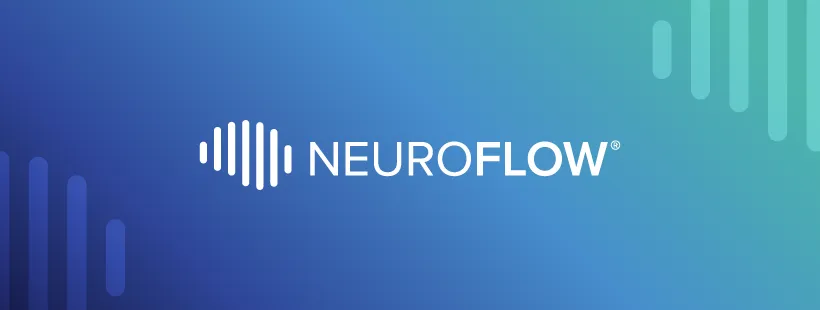
What You Should Know:
– NeuroFlow, a company focused on uncovering hidden behavioral health needs to enable more effective care, today published new research findings demonstrating how technology can significantly improve the ability to identify suicide risk, often among individuals who might otherwise go undiagnosed.
– The studies highlight the potential for user-friendly digital tools and artificial intelligence (AI) to assess risk more efficiently, detect suicidal ideation sooner, and ultimately facilitate life-saving interventions.
The Urgent Need for Better Suicide Prevention Tools
Suicide remains a critical public health crisis in the United States, with over 1.5 million people attempting suicide annually and approximately 49,000 lives lost each year. These staggering numbers, which continue to rise, carry devastating personal and societal impacts, contributing billions to healthcare costs. NeuroFlow emphasizes that effective prevention requires innovative approaches, as many individuals at risk are “hiding in plain sight.” Troublingly, over half of those who die by suicide have had contact with the healthcare system within 30 days prior to their death, indicating missed opportunities for intervention. Technology offers a path to identify these individuals sooner.
Study 1: Everyday Digital Tracking Predicts Suicidal Ideation Risk
The first study, published in the Journal of Technology in Behavioral Science (JTIBS) and titled “Predicting Risk of Suicidal Ideation with Digital Ecological Momentary Assessment (EMA),” analyzed data from over 30,000 individuals using NeuroFlow’s digital platform. Users tracked daily metrics like mood, stress, sleep, and pain – tasks taking only a few seconds. The research found that these simple, self-reported measures accurately predicted the risk of suicidal ideation, with mood emerging as a particularly strong indicator. While validated clinical assessments like the PHQ-9 remain the “gold standard” for intake, the study observed a clear patient preference for brief trackers, completed 18 times more often than clinical assessments.
“We’re encouraged about the potential of mood scoring and stress tracking – directly correlating with suicidal ideation – as a way to fuel our risk stratification model,” said NeuroFlow Chief Medical Officer Tom Zaubler, MD. “This is a new and legitimate input for preventing suicide, and it reflects NeuroFlow’s expertise in gathering disparate data to make sense of often hidden or complex behavioral health conditions. We’ve always known patients enjoy using trackers to monitor their own progress, and we’re excited to connect this high-volume activity to identifying actual risk.”
Study 2: AI Demonstrates High Accuracy in Assessing Risk from Journaling
A second study, currently under review at BMC Psychiatry and titled “Evaluating Generative Pretrained Transformer (GPT) Models for Suicide Risk Assessment in Synthetic Patient Journal Entries,” explored the use of AI in risk detection. Using a dataset of clinically validated synthetic patient journal entries to ensure safety and privacy, researchers compared risk ratings generated by large language models (LLMs) against assessments made by five independent clinical experts. The findings were compelling: NeuroFlow’s ensemble AI model agreed with the experts’ intervention decisions 92% of the time, demonstrating AI’s potential as a fast, accurate, and scalable tool for identifying risk within patient narratives.
“Artificial intelligence is one of the most democratizing tools of our generation. It has the potential to add a layer of patient insight across the healthcare system – instead of siloing behavioral health data to one site of care,” stated NeuroFlow researcher Dan Holley, PhD. “What we’ve been able to prove is that AI is capable of augmenting care teams by triaging thousands of patient records to rapidly turn risk indicators into actionable health intelligence, potentially enabling lifesaving interventions.”
Taken together, these studies underscore how combining readily available self-reported data (like mood tracking) with AI-driven analysis can significantly enhance suicide prevention efforts.
